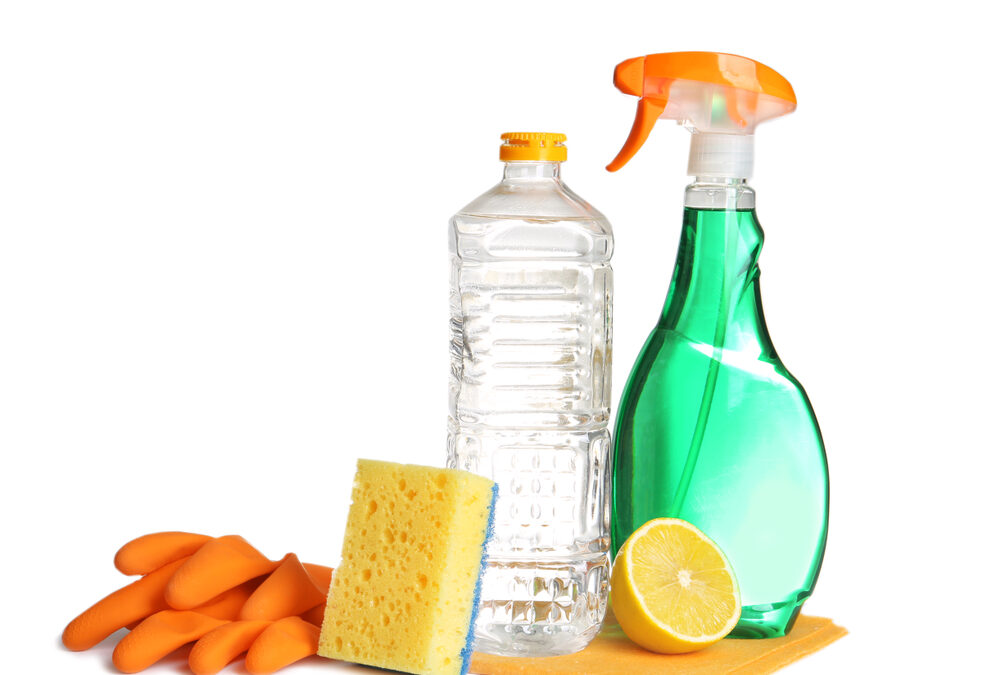Green cleaning products are intended to be comparable in effectiveness to conventional cleaning products for most cleaning tasks. We tend to take for granted that Green cleaners cause substantially less harm to the environment and to humans than their conventional counterparts. It turns out that consumers have a right to be cynical about green products and their marketers:
Effectiveness: Many green cleaning products are formulated to effectively clean surfaces, remove dirt, grease, and stains, and kill germs just like conventional cleaning products. However, the effectiveness may vary depending on factors such as the concentration of active ingredients and the degree of difficulty of the task at hand.
Specific Applications: There are some specialized applications where conventional products are preferred. For example, in situations requiring heavy-duty degreasing or meeting stringent disinfection standards, specialized conventional products can be substantially more effective.
Eco-Friendliness: One of the primary benefits of green cleaning products is supposed to be their reduced environmental impact. However, new research published in Environmental Toxicology and Chemistry demonstrates that green products are not necessarily less toxic or more degradable than their conventional counterparts. The reason for this is discrepancy is a lack of regulation. HCPs (Household Consumer Products) do not need to disclose their individual compounds, meaning that the environmental impacts of their use and disposal remain largely unknown.
Modern consumers are in a pickle: We don’t want marble countertops covered in germs or our tuxedos covered in wine stains, but we also don’t want to use harsh chemicals that harm the environment. The answer is similar to purchasing whole foods, where we have learned to read food labels before buying Too many multi-syllabic chemical ingredients puts us on notice to beware before buying.
Lack of Regulation: For food, the term“organic” refers to a method of growing that eschews the use of chemical pesticides, herbicides, and fertilizers that may be harmful to humans and to the environment. In most other contexts, however, “organic” simply refers to any “compounds containing carbon.” Well, most things on earth fall into that category so technically, because the industry is largely unencumbered by pesky government regulations, most cleaners can label their products ORGANIC without repurcussions or regulation. Beware. Even brands entitled Green Earth may contain harmful chemicals.
To Conclude: Beware!
Things are not what they seem in the non-regulated world of cleaning products. The words organic, green, safe, environmentally friendly may be anything but! If you have any question about cleaning agents used by LACOSTA, contact your LACOSTA team manager for lists of contents and the precautionary methods we use for particularly difficult cleaning tasks.


